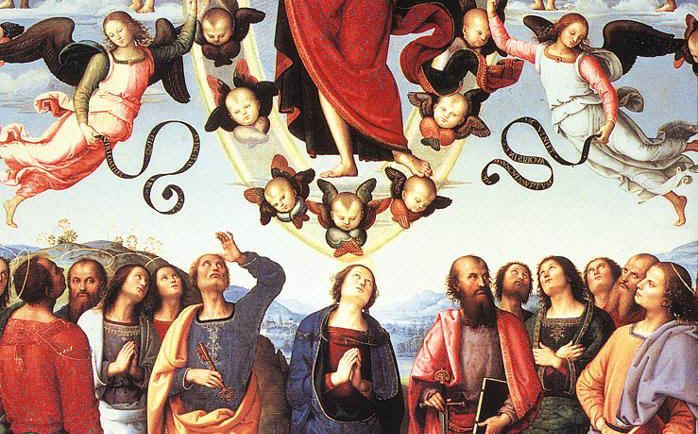



The celebration of Christ’s Resurrection continues for a period of 50 days, that is, from Easter Sunday to the Solemnity of Pentecost. It is considered the greatest of all Christian feasts and holds a central place in the liturgical year. This Solemnity, celebrated each year, is a commemoration of the Resurrection of Jesus Christ form the dead (see Mark 16:1-7). Easter Sunday: The Resurrection of the Lord bishops decided, with Vatican approval given July 4, 1992, that when the solemnities of Mary, the Mother of God (January 1), the Assumption (August 15) or All Saints (November 1) fall on a Saturday or Monday, it is not an obligation to attend Mass for these feasts.Īlthough the obligation to attend when these three holy days fall on a Saturday or Monday is abolished, parishes are to continue to observe these Holy Days by scheduling one or more Masses at a convenient time so that people who wish to participate are able to do so. Prior to this, this feast celebrated on January 1 was the circumcision of Jesus.Īs a conference, the U.S. Liturgical reform initiated by Vatican II placed it on January 1 in 1969. Mary’s Divine Maternity became a universal feast in 1931. This feast, closely connected to the feast of Christmas, is the most important and oldest of the major feasts of Mary. (The first precept mentions the Catholic holy days of obligation - see item #2042 in the Catechism of the Catholic Church.) We call them obligations because the Precepts of the Catholic Church tell us that celebrating those feast days is a part of the minimum level of commitment to the Catholic faith. We celebrate the most important feasts of our liturgical year on these days. These holy day feasts are kept important in the Church so that, even with our busy and hectic lives, once in a while we are forced to slow down and think about our faith and what we believe, beyond just our normal Sunday Mass attendance. Easter is considered a particular day of obligation for all Catholics. On these days, the faithful are called to worship at Mass, even if the feast does not fall on a Sunday. Other particular days celebrating feasts of the Lord or the Blessed Mother are considered days of obligation. Every Sunday is considered a day of obligation in the Catholic faith and the faithful are called to worship at Mass every Sunday.


 0 kommentar(er)
0 kommentar(er)
